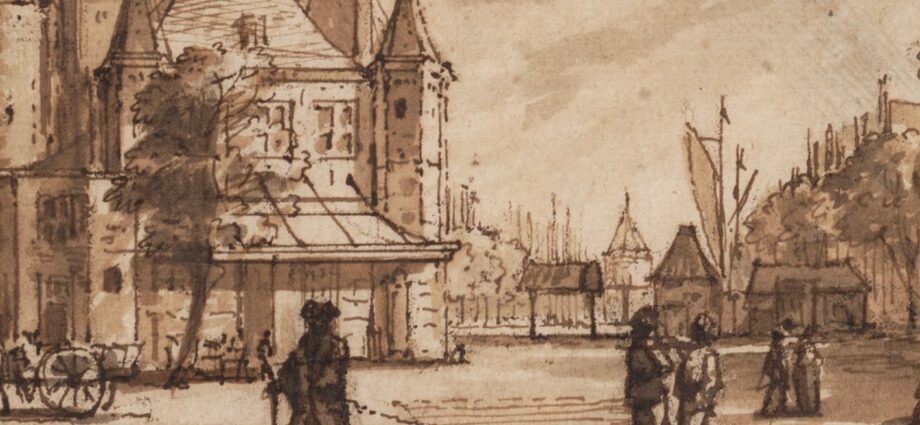The project ‘Integration and Social Mobility: The Descendants of Early Modern Immigrants in Amsterdam, 1660-1811’ addresses one of the major questions in Dutch migration history: what happened to the descendants of the hundreds of thousands of immigrants who migrated to the Dutch Republic in the early modern period?
Today, nearly a quarter of the Dutch population consists of people with a migration background. Their processes of integration and social mobility are recurring themes in the media and feature high on political and academic agendas. However, the current situation is not without historical precedents. The early modern Netherlands (1600-1800) witnessed high levels of immigration, not dissimilar to those today. Attracted by high wages and ample employment opportunity, the cities of the Dutch Republic were the main magnet for labour migrants, especially from what is now Germany, Belgium and Scandinavia. Immigrants constituted a large segment of the urban population: in Amsterdam around 1650 circa 40 percent of the resident population was born abroad. What happened to the descendants of these immigrants is largely unknown.
The project zooms in on Amsterdam between 1660 and 1811 and focuses on the fate of the German, Belgian and Scandinavian immigrants and their offspring: how did the descendants of early modern immigrants integrate into Dutch society, and what were their chances of having a better life than their parents?
Previously unavailable techniques in data linkage are used to reconstruct four generations of descendants of immigrants. Combining this approach with an innovative digital and analogue methodology to assess the processes of integration and social mobility both on a macro and micro level, the project addresses not only one of the major lacunae in migration history, but also speaks to one of the key issues in society today.

